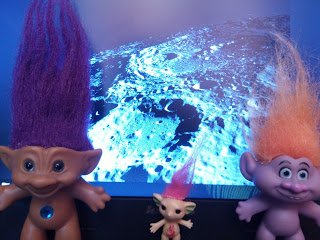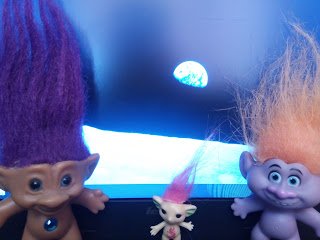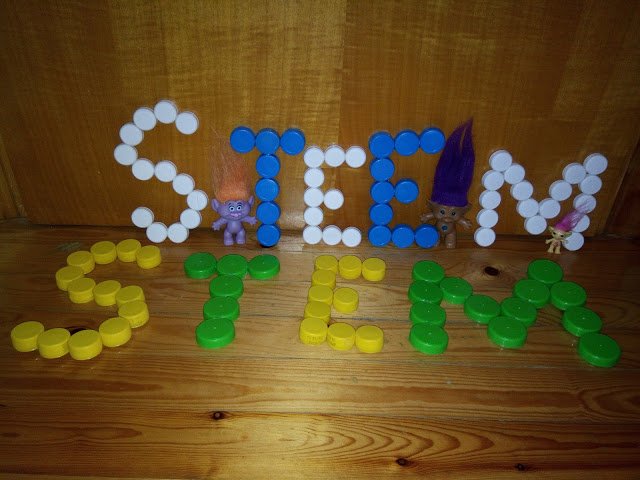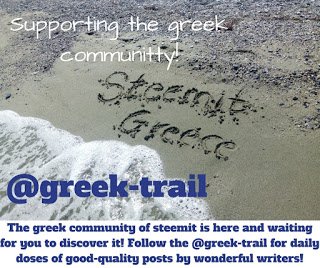This post is part of a wider teaching project. We engage physics (basics of sound) and astronomy (facts about celestial bodies, the moon in particular). The main goal is to get young (and why not older) learners involved in a fun and easy-to-digest learning process.
If you're a parent, think of this series as a great opportunity to have a read with your children. On your computer, smartphone or tablet, you can start by teaching basic IT skills (how to open a page, use a mouse, scroll up and down, really basic stuff, that nowadays most children know from a young age). Then you can move on by getting them interested in reading a fun story and learning useful facts too. (I remember doing that with my mom and that was a great bonding and educational experience that worked wonders on my mental development - well, I grew to become a nerd at school, but that's another issue :P )
If you are a primary school educator, you can use this series in a project involving IT, physics, astronomy and literature (why not drama, if you decide to make a few adjustments and turn it into a play; children preparing plays, even though it's hard to memorize lines sometimes)
Now, in case you don't remember my trolls set off on a new adventure with their little DIY rocket they built last Sunday. Their destination was the moon. Let's see if they finally got up there safe and what new things are they going to learn this time...

- Aaah! We’re here at last! X54 said in excitement.
- What? I can’t hear you! X42 shouted.
- That’s because there is no air to transmit sound out here, X31 tried to explain.
- Don’t worry, we’re trolls, we’ve got magic powers, we can use our telepathy skills to communicate, X42 found an alternative.

- Right! But why can’t we hear in space X31? X54 asked.
- It’s pretty simple, X54, sound is a wave, this means that in order to be transmitted it needs a medium, matter in any of its forms, wise X31 responded.
- I thought only seas created waves.
- Well, X54, not only seas. Sound does that too. When I speak, my vocal chords work almost like a drum that vibrates and produces pressure disturbances which in turn disturb the molecules of air they meet in their way up to your ear. Try to picture it like a domino effect or even better, like a spring that stretches to give its energy to the next air particle it meets, which in turn, does the same to the next one and the next one and so on…
- Ha! Like the relay race we used to play? said X42.
- Exactly! Now, because there is no atmosphere here on the moon there are no air molecules to be disrupted and my voice cannot be heard.
- You mean like NO air at all!? X54 was surprised.
- Not at all. It’s just that air molecules are sparse and therefore unable to transmit sound waves.

- That’s sad! We cannot listen to each other in space. I never knew that space was mute, X54 said and disappointment was obvious in his voice.
- Yes! And what about music? How can anyone survive without music? X42 wondered.
- See? We now have another reason to consider ourselves very lucky to live on earth, no matter how annoyingly noisy it can be at times.
To be continued...

References
*All images by @ruth-girl - Background images of the moon are all from pixabay.com, they are CC0 copyrighted-no attribution required.

Thank you for stopping by and giving this post a read. I hope you enjoyed it! If you please, feel free to pay a visit to my blog and check out my short stories along with plenty of educational posts and of course my bizarre natural phenomena series.


Until my next post,
Steem on and keep smiling, people!

